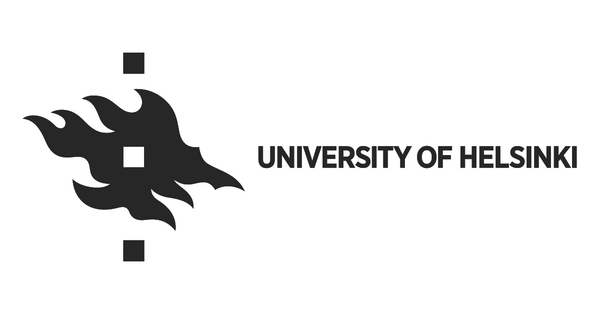University of Helsinki: Over €1.3 million in donations to coronavirus-related research – Thank you, donors!
An exceptionally large number of donors have supported the multidisciplinary coronavirus research of the University of Helsinki through donations. Donations of over €1.3 million in total have accelerated the work of numerous research groups. Donations help researchers to understand the virus and the disease it causes – and to also develop, for example, prophylactic drugs and vaccines for the virus.
At the beginning of 2020, only one postgraduate student in the research group of Associate Professor in Emerging Diseases Tarja Sironen studied coronavirus and even then only in bats. As the coronavirus crisis deepened, a quick decision was made for the other 11 members of the group to suspend their current projects and concentrate on studying the spread of coronavirus in humans.
“Many postgraduate students had to jump in at the deep end and got the opportunity to start conducting a completely new kind of research,” says Sironen, who works as an associate professor at the Faculty of Medicine and The Faculty of Veterinary Medicine as well as the Helsinki One Health network.
A sum of €60,000 from donated funds helped to turn the focus of research from animals to humans. The funding was used to make laboratory operations more efficient. Whereas earlier the projects had analysed dozens or hundreds of samples, it now became necessary to analyse thousands of coronavirus samples in the same amount of time. Sironen hired more research assistants to the laboratory and acquired small laboratory equipment, such as better pipettes.
“Better pipettes and good infrastructure make the work much more efficient, but they are difficult to justify in funding applications,” says Sironen.
No single solution for the pandemic – Donations support multidisciplinary research
In addition to Tarja Sironen’s group, the donations have supported the work of many other research groups. Funds have been allocated as support for ongoing and rapidly implementable research.
The Sakari Alhopuro foundation made a significant donation of €1 million to basic research on coronavirus conducted by Professor Kalle Saksela’s research group. Funding will accelerate research that is desperately needed for developing vaccines against the rapidly evolving virus.
The joint project of Academy of Finland Research Fellow Giuseppe Balistreri and Professor Olli Vapalahti received support from donated funds both in summer 2020 and in spring 2021. The research group was the first in the world to discover that in addition to the previously identified ACE receptor, the new coronavirus binds itself, on the cell surface, to a receptor called neuropilin-1.
“Our aim is to develop a prophylactic drug easily administered as a nasal spray, which is effective both for coronavirus and for many other viruses circulating among people. The functioning of the potential drug is based on blocking the functioning of the neuropilin-1 receptor. The donations allow us to continue the animal experiment stage of the study during spring and summer 2021,” say Balitreri and Vapalahti, expressing their gratitude for the nearly €30,000 in donations they have received.
In spring 2021 a research group led by Docent of Virology Tomas Strandin researching coronavirus vaccines and the group led by University Lecturer Heli Nordgren received support from donations for developing research methods in the pathology and parasitology research laboratory of the Faculty of Veterinary Medicine.
“We study the binding and interaction of coronavirus in the tissues of animals infected with the disease. The results will help us understand the transmission routes of the virus and the development of the disease in the body, which will assist in the treatment of the disease as well as in the planning of infection prevention. The new method can also be utilised in the study of other diseases and, consequently, promotes the joint health of human beings and animals,” says Nordgren.
Currently all coronavirus study donations made before the beginning of May 2021 have been allocated to researchers.
The crisis will be resolved through cooperation
The significance of research in solving the coronavirus crisis has been great throughout the coronavirus pandemic. According to the Chancellor of the University Kaarle Hämeri, the coronavirus crisis has awakened a great will to help in companies, organisations and individuals.
“The great number of donations directed at coronavirus research speaks volumes of people’s trust in research and science when faced with these kinds of crises as well as the University as an actor,” says Chancellor Hämeri.
“There isalso a shared sense of responsibility, which comes strongly to the fore when faced with exceptional circumstances. Naturally we are very happy to see this and I am very grateful for the support we have received,” continues Hämeri.

